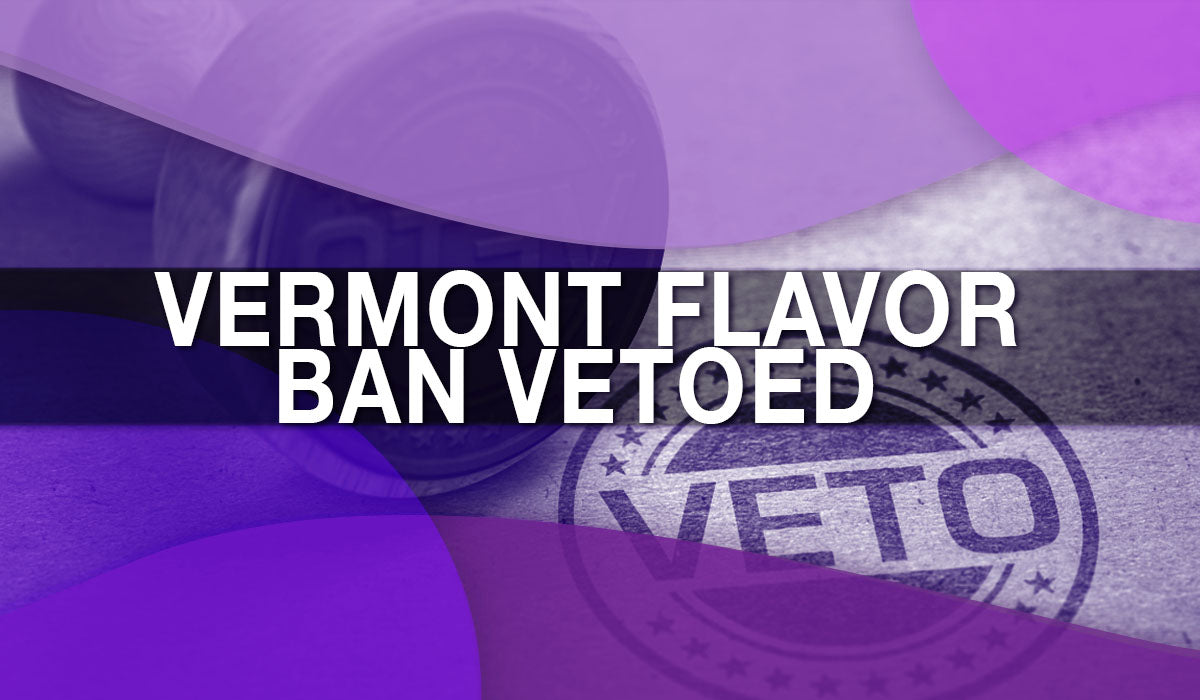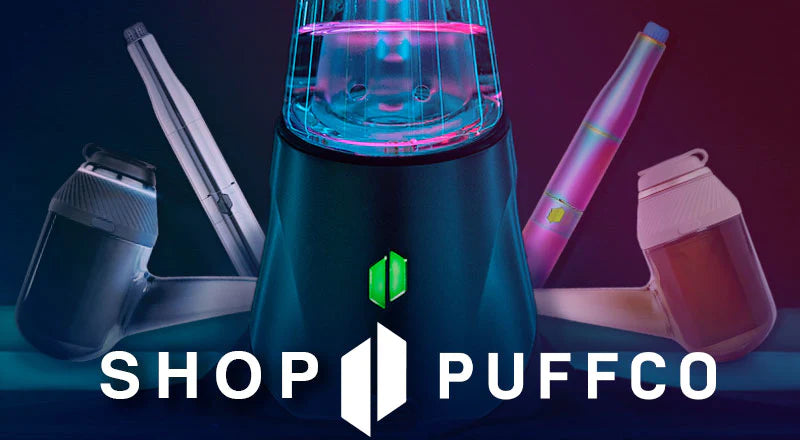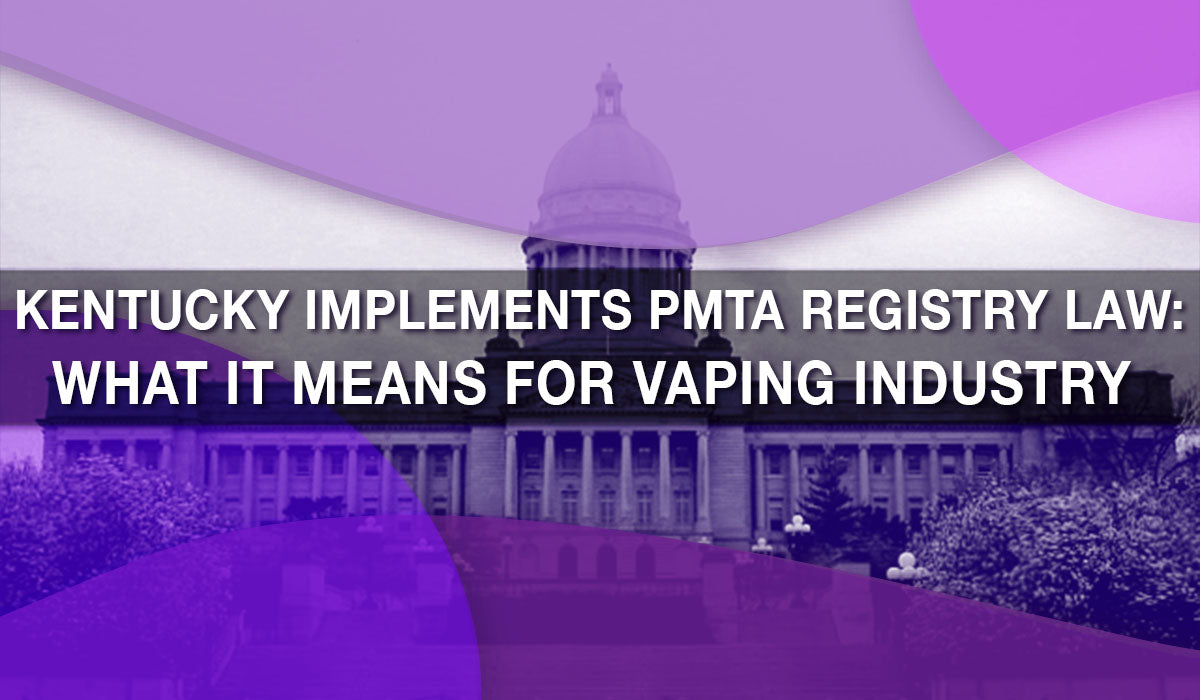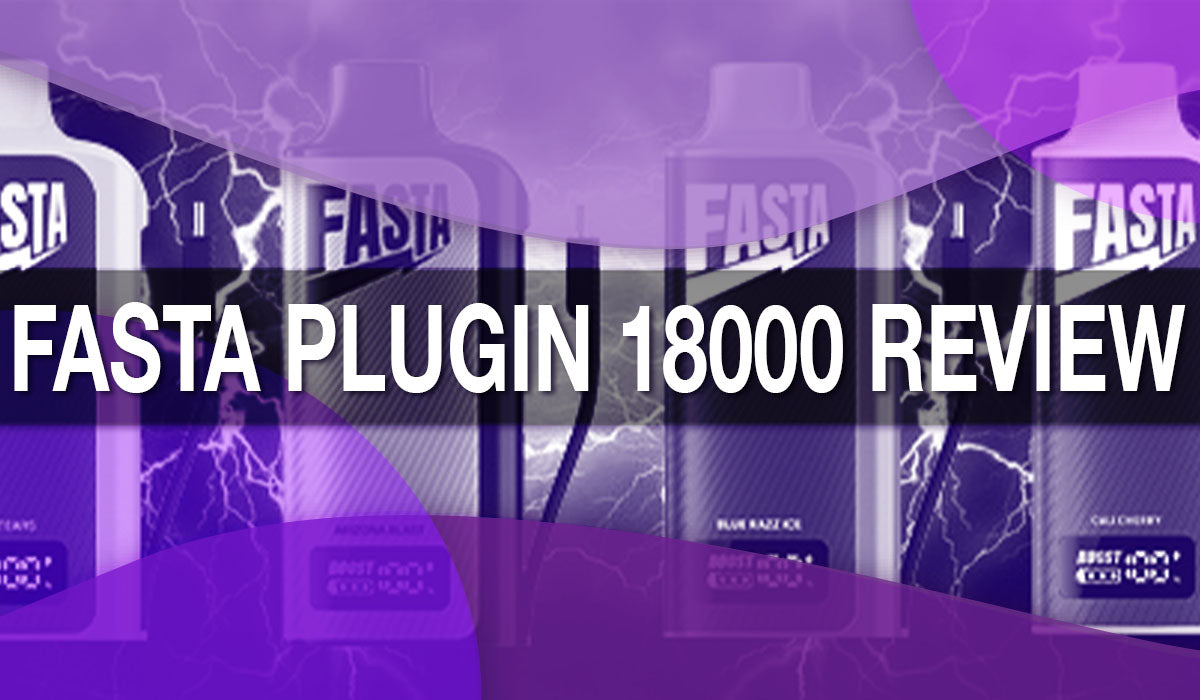
Vermont Flavor Ban Vetoed
Vermont Governor Phil Scott made a decisive move on April 3, vetoing bill S 18, which aimed to restrict the sale of nicotine and tobacco products to only tobacco-flavored variants. Additionally, the bill sought to ban online sales of vaping products, regardless of flavor.
In his explanation letter for the veto, Governor Scott emphasized the importance of safeguarding children while also respecting the rights of adults to make their own choices. He pointed out the inconsistency of banning flavored vape and tobacco products while permitting the sale of flavored cannabis and alcohol under state law.
Vape Flavor Bans Increase Cigarette Sales
Furthermore, the governor expressed doubts about the effectiveness of such a ban, suggesting that flavored products would still find their way to residents through other means.
Regardless of age, adult vapers overwhelmingly prefer the characterizing flavors which this Vermont law would have banned. Even the 45+ age cohort prefers flavored vapes at a rate of over 60 percent. This despite flavor bans limiting adult access to in many areas of the country.

What was not mentioned was a recent study that found vape flavor bans increase cigarette sales. But this should probably be the most important consideration of all.

The bill had received support in the Vermont House and State Senate in March 2023, but Governor Scott's veto means that proponents of the bill would now require additional votes to override it, a challenging prospect requiring two-thirds majorities in both houses. There is uncertainty among leaders in the General Assembly regarding attempts to override the veto, with Senate President Pro Tempore Phil Baruth yet to make a decision.
Veto Bucks Troubling Trend
Critics of the veto, including the Campaign for Tobacco-Free Kids, accused Governor Scott of prioritizing the interests of the tobacco industry over the well-being of Vermont's youth. In reality, the tobacco industry directly benefits from flavor bans and manufacture none of the commercially available flavored vaping products on the market.
The American Heart Association-Vermont also joined in, asserting that nicotine products, beyond just cigarettes, pose significant risks to public health and finances.
As it stands, five states currently have bans on flavored vape products: California, Massachusetts, New Jersey, New York, and Rhode Island. In March, Utah Governor Spencer Cox signed a flavor ban into law, set to take effect on January 1, 2025.
This troubling trend to restrict adult access to alternative products is a serious threat to marginalized populations, as was pointed out in this video released by the Center for Black Equity.









Leave a comment
This site is protected by hCaptcha and the hCaptcha Privacy Policy and Terms of Service apply.